The Language of Trauma
February 8 & 9, 2024; 9am-12pm Each Day
Virtual Training - 6 CEUs
How we talk about trauma with our clients is essential and an often-overlooked aspect of trauma treatment. Join me for a critical look at the language we use when diagnosing and conceptualizing trauma and how addressing language can be a powerful aspect of client care.
This training will address issues of language found in our diagnostic systems as well as within our clinical orientations (DBT, ACT).
What you can expect
Language of Diagnosis
Distinguishing between varying presentations can be challenging for seasoned clinicians - made all the more complicated when our language is unclear. confusing, andeven misleading.
It's time to turn this world salad into something more palatable.
It's time to turn this world salad into something more palatable.
Our Fusion to Language
The language we use comes with it's own connotations, implications, and frames. Our best efforts to describe our experience can often be counterproductive, causing clients to fuse to narratives of unintended consequence.
Learn techniques and approaches to circumvent this fusion to language.
Learn techniques and approaches to circumvent this fusion to language.
A Matter of Respect
Our clinical language has implications beyond sessions and documentation. The way we discuss and frame clients and conditions will have implications for how we view and address them - for better or worse.
Take a critical look at the language we use as professionals and how those impact our work.
Take a critical look at the language we use as professionals and how those impact our work.
Instructor
Jett Cutter Roberts, MA, LPC-Supervisor
Cutter Roberts is a professional counselor and expert in the treatment of trauma and trauma related conditions. In addition to practicing clinical work for the past 11 years, Cutter has managed a practice of clinicians specializing in the treatment of trauma and other mental health conditions. Cutter also oversaw the successful development and implementation of an intensive EMDR protocol. He is an EMDRIA Certified Consultant and approved continuing education provider.
Patrick Jones - Course author


